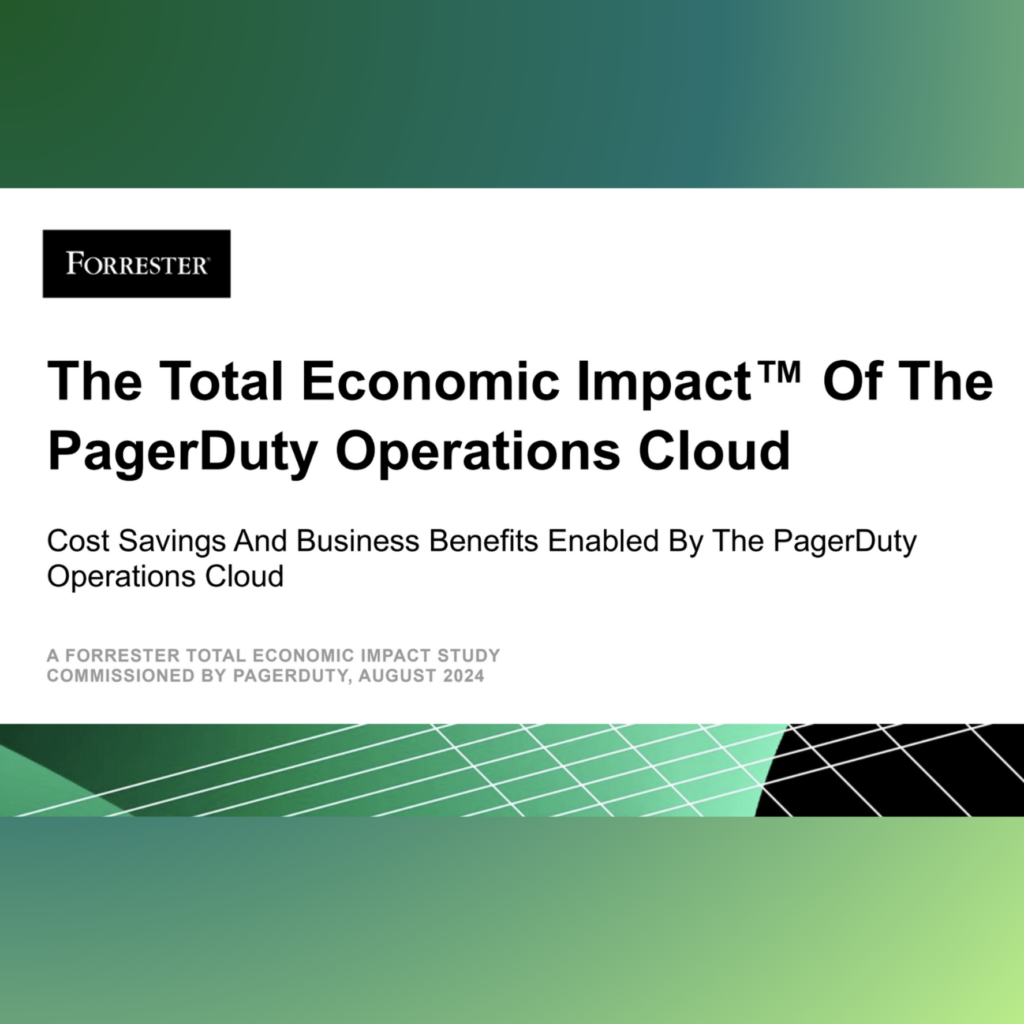- PagerDuty /
- Blog /
- Analyst Reports /
- Unplanned Work Contributing to Increased Anxiety
Blog
Unplanned Work Contributing to Increased Anxiety
Unplanned work is on the rise—and most companies are unprepared for it. That’s according to the recent “State of Unplanned Work Report 2020,” which surveyed 1,316 people across North America and the EMEA and APJ regions.
The survey focused on identifying current practices and challenges of responding to customer-impacting technology issues. Specifically, it examined how time-critical, unplanned work impacts digital operations across a number of business and health factors, such as productivity, innovation, customer experience, and employee well-being and retention.
It found that more than 3 out of 10 companies experience at least one major technology issue per week—and in North America and EMEA, 51% and 73% of respondents, respectively, said they find out about customer-impacting issues from the customers themselves. And in the APJ region, over half of respondents indicated that they have experienced a major technology issue that wasn’t covered by their company’s documented response plan.
As Matty Stratton, one of our DevOps Advocates points out, “Customer experience is the new competitive battleground for business, where service uptime and reliability are critically important. Responding to major technology issues after customers have already been affected creates unnecessary stress for employees, as well as revenue and reputational damage for the business.”
But it’s not just business revenue and reputation that suffer consequences.
Unplanned Work: Impact on Culture and Employee Retention
The report shows that IT professionals globally have experienced an increase in unplanned work of over 100 hours per person per year—which can have dire implications for the business, especially when you take into consideration a large majority respondents indicated that diverting resources to unplanned work makes them less able to innovate and deliver on business priorities.
Additionally, more than 1 in 3 employees in North America have considered leaving their job due to unplanned work. Nearly the same number of survey participants in EMEA (29%) indicated that they had also considered leaving their jobs due to unplanned work. Those numbers are worse in the APJ region: nearly two-thirds of those respondents said they had considered leaving their jobs as a result of unplanned work due to increased stress and anxiety (59% of respondents), reduced work-life balance (53%), and less time to work on important items (56%), in addition to other reasons.

Using Automation to Reduce Unplanned Work
With all this talk of time-critical, unplanned work, most companies are still unprepared to deal with it. In North America, 90% of participants indicated they implement little or no automation in their incident response processes, with 40% reporting that their entire response process is manual. In APJ, 30% of respondents said their organizations have no automation in place for resolving major technology issues while over half (55%) say just a few of the actions are automated. In EMEA, the numbers also paint a dire story, with 81% of respondents saying that their companies have little or no automation for IT issue resolution.

While it’s often common knowledge that automation benefits the business, the report provides direct evidence that the value of automation is keenly felt by employees. For example, in North America, teams that employ more automation in their response processes state they suffer less from reduced work-life balance and are 15% more interested in their jobs versus those that employ little to no automation. They also suffer from health issues up to 10% less frequently and are 20% less likely to seek other employment.
The same trend holds overseas: Companies that have implemented automated response processes have over 16% less unplanned work, and employees experience 15% (EMEA) and 23% (APJ) lower stress and fewer work-life balance issues.
This research finds that technology disruptions occur far more frequently than expected, and employees are often too busy fighting fires to establish proper resolution and prevention processes. This lack of planning generates more unplanned work, which is growing by hundreds of hours each year. Companies that are unable to address this crisis will experience growing top-line and bottom-line costs, including higher employee turnover and loss of customer trust and business.
Interested in learning more? You can read the global report here, or check out the EMEA and APJ reports to find out what your organization can do to mitigate the negative impact of unplanned work.


